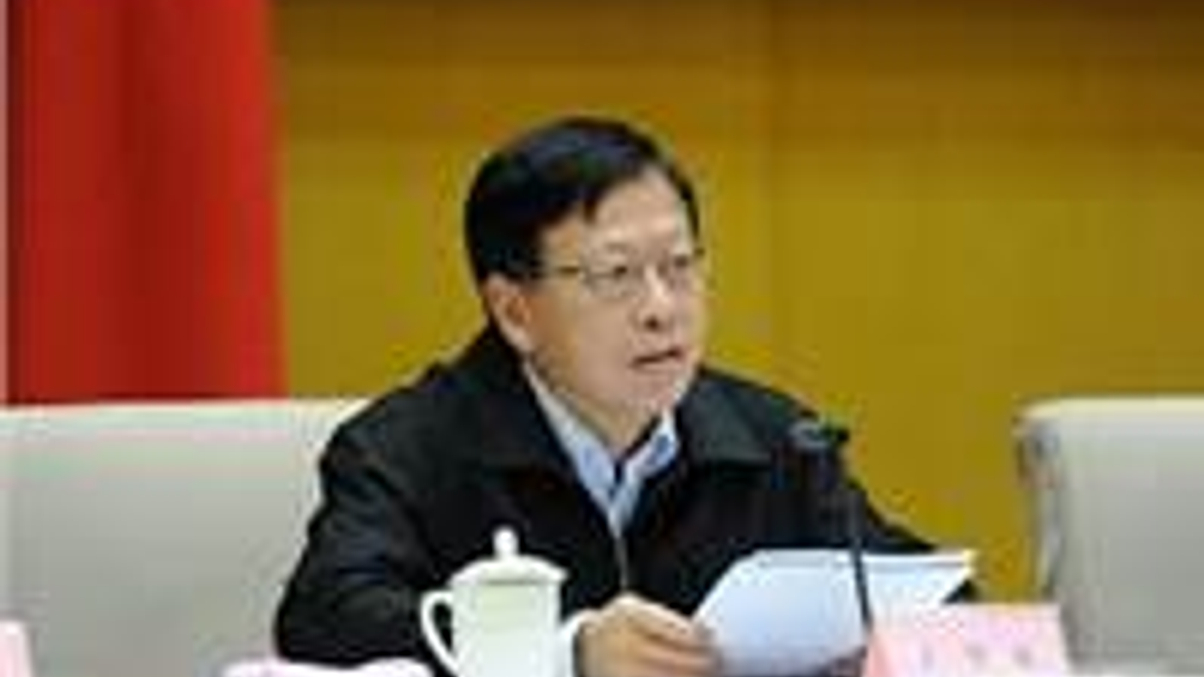China’s CIC sees CEO take on additional role
China Investment Corporation CEO Ding Xuedong has taken on an additional role as head of investment bank CICC. The sovereign wealth fund says he will retain his current function.

China’s sovereign wealth fund CIC has seen its chairman and CEO, Ding Xuedong, named to replace Jin Liqun as head of investment bank CICC.
Sign in to read on!
Registered users get 2 free articles in 30 days.
Subscribers have full unlimited access to AsianInvestor
Not signed up? New users get 2 free articles per month, plus a 7-day unlimited free trial.
¬ Haymarket Media Limited. All rights reserved.


